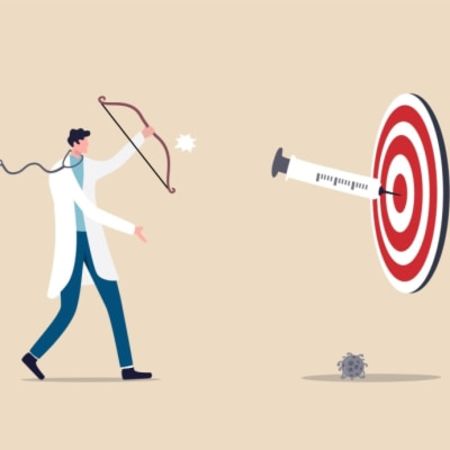A pioneering platform has been developed by scientists from the National University of Singapore (NUS) and the National Cancer Centre Singapore (NCCS), aiming to dramatically reduce the duration required for assessing the effectiveness of cancer drugs. The study, published in Biomaterials utilises bioengineered hydrogels that mimic tissue. This innovative method preserves patient tumours for up to 10 days, enabling tailored screening of cancer drugs to improve treatment outcomes.
Tumours resections can be preserved with their supporting cells
Traditionally, determining the efficacy of anti-cancer drugs has been time-consuming and imprecise. However, this breakthrough technology paves the way towards a new era of personalised oncology as it allows for the ex vivo preservation of patient tumours obtained from surgery, surpassing conventional methods. By maintaining the intricate composition of tumours, including cancer cells and supporting cells like immune cells, this platform enhances the accuracy of drug screening and testing for individual patients, potentially expediting treatment decisions.
Assistant Professor Eliza Fong, co-lead of the research, likened tumours to chess sets, with cancer cells as the king, protected and influenced by other cell types. The novel aspect of this study lies in the utilization of tissue-like hydrogels to sustain patient tumours outside the body for an extended period, unlike previous methods that only allowed for short-term preservation. This advancement paves the way for more precise and efficient testing of anti-cancer drugs, including immunotherapies, tailored to each patient's unique tumour characteristics.
Better tumour preservation leads to more personalised immunotherapy treatment options
Key findings of the study underscored the improved viability and preservation of tumour fragments over time compared to conventional approaches. Advanced characterization techniques confirmed the presence of various cell types within the cultured tumour fragments, mirroring the complexity of the original tumour. Notably, these "patient avatars" demonstrated utility in predicting drug responses, particularly in immunotherapy. This new bioengineering technique can provide clinicians with a way to select which patients could benefit the most from treatment.
By maintaining the tumour microenvironment and heterogeneity of cells, this platform offers a more realistic representation of drug effects, potentially leading to enhanced treatment strategies. Professor Gopal Iyer, the other co-lead of this study, emphasised the goal of delivering the right treatment to the right patient at the right time, in the right combination. This new platform can introduce a higher degree of trust in the treatment application, steering away from the blockbuster model, which is only successful in 20% of patients. This discovery has a potential to reduce uncertainty and anxiety in patients, while providing a tailored sandbox environment to research and identify biomarkers and predictive factors to positively influence treatment decisions, ultimately improving patient outcomes.
The implications of this study for personalized medicine and targeted therapies are profound in the field of precision oncology. The team plans to conduct larger-scale clinical trials to validate this innovative approach and establish a tumour repository for comprehensive drug testing and screening, aiming to accelerate personalized cancer treatment in Singapore and beyond.
Source: ScienceDirect
Image Credit: iStock























